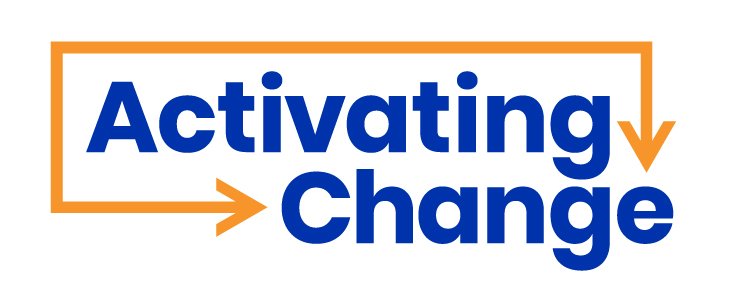Human Trafficking Awareness Month
Higher Rates, Fewer Supports
Since 2010, the President has designated the month of January to raising awareness about human trafficking – both labor and sex trafficking. The limited research that exists on human trafficking of people with disabilities confirms that people with disabilities are at greater risk of experiencing human trafficking and are trafficked at higher rates than people without disabilities.
Consider these facts:
According to the U.S. Department of State’s Trafficking in Persons Report, people with disabilities are “one of the groups most at risk of being trafficked."
Adolescent girls with physical disabilities were almost 5X more likely to experience sex trafficking than their counterparts without disabilities.
people with intellectual disabilities make up between 1 and 3% of the population, but 28% of girls who were sex trafficked in a review of case records in Florida
Despite these higher rates and the fact that many of the landmark changes to trafficking laws were predicated on cases involving people with disabilities, there remains a widespread lack of awareness about trafficking in the lives of people with disabilities and a lack of identification tools and interventions specific to addressing trafficking of people with disabilities.
Segregation, isolation, and the existence of legal mechanisms traffickers can exploit to conceal their trafficking create barriers to identifying victims of trafficking with disabilities. Additionally, trafficked survivors with disabilities face barriers that prevent them from accessing services to help them escape and heal.
Help Raise Awareness
Download our Human Trafficking of People with Disabilities Social Media Kit and start posting to raise awareness about trafficked survivors with disabilities.
The kit includes shareable resources, including Instagram and Facebook posts, sample post copy, and image descriptions.
